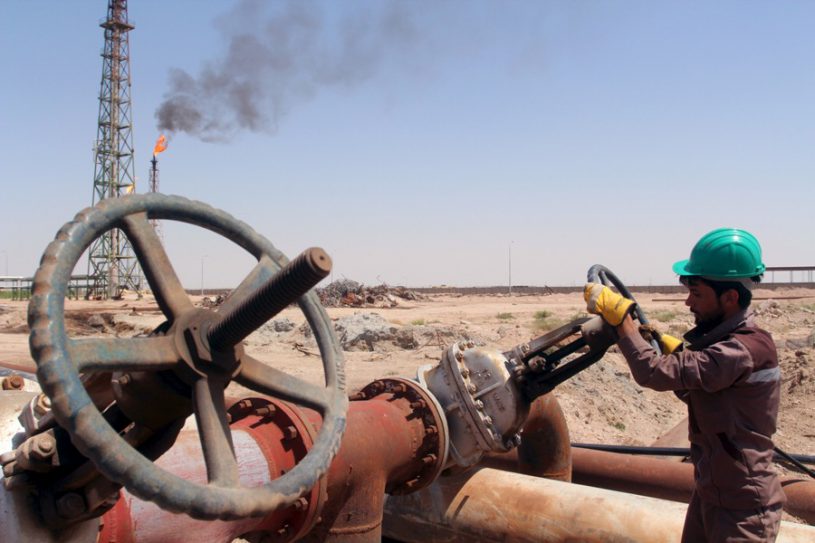With Iran deal looming, OPEC+ weighs oil cuts
Potential OPEC+ production cuts mooted this week by Saudi Arabia may not be imminent and are likely to coincide with the return of Iran to oil markets should it clinch a nuclear deal with the West

Potential OPEC+ production cuts mooted this week by Saudi Arabia may not be imminent and are likely to coincide with the return of Iran to oil markets should it clinch a nuclear deal with the West, nine OPEC sources told Reuters.
De facto OPEC leader Saudi Arabia on Monday flagged the possibility of introducing cuts to balance a market it described as "schizophrenic", with the paper and physical markets becoming increasingly disconnected.
The sources said a production cut at the upcoming OPEC+ meeting on Sept. 5 may be too soon, but could be necessary should a possible revival of Tehran's 2015 nuclear deal bring additional volumes to the oil market.
"OPEC+ should prepare the ground for Iranian oil to come out after lifting sanctions," one source said.
Oil prices have dropped in recent weeks to around $95 per barrel from as high as $120 on fears of a Chinese economic slowdown and recession in the West. Physical market fundamentals however point to a very tight market due to low supply, unless Iran is able to boost exports.
A senior U.S. official said this week Iran had dropped some of its main demands on resurrecting a deal to rein in its nuclear programme, bringing the possibility of an agreement closer.
Should sanctions be lifted, Iran would need around a year and a half to reach its full capacity of 4 million barrels per day of crude production versus the current 2.6 million bpd.
But it could more immediately start selling some of its oil in storage, sources said.
Iran is exempt from the existing OPEC+ deal to limit oil supply, and is likely to remain exempt to boost output initially.
Sources said it was too early to tell which direction the next OPEC+ meeting in September would take, but that it was possible cuts could be introduced later should extra Iranian barrels become a reality.
OPEC+ agreed to increase output by 648,000 bpd in each of July and August as it fully unwinds nearly 10 million bpd of cuts implemented in May 2020 to counter the COVID-19 pandemic.
The group agreed earlier this month to raise production quotas by another 100,000 bpd in September, under pressure from major consumers including the United States to cool prices.